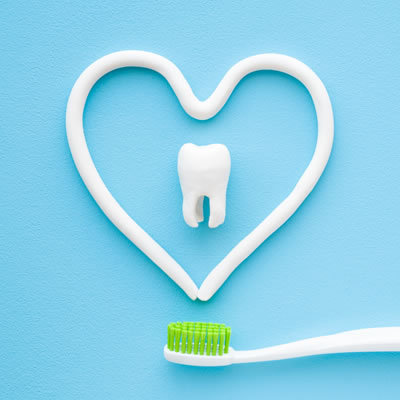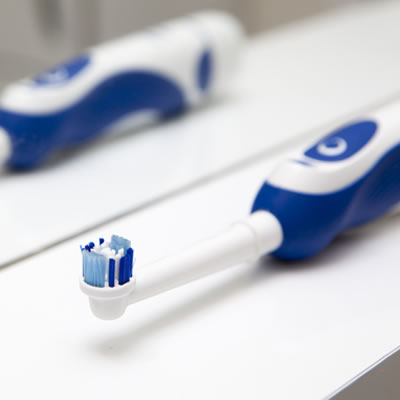Just as we need to toss that expired food that’s lurking in the bag of the refrigerator or those beauty products or vitamins that are way past their expiration date it’s important to know when it’s time to replace your toothbrush.

Manual
If you’re using a manual type, it’s recommended you replace it every three to four months, or sooner if the bristles start to fray. While this may seem like a short amount of time, consider how often you use your toothbrush. You brush your teeth at least twice a day, and probably more if you’re diligent about flossing and mouthwash. That’s a lot of wear and tear on those bristles!

Electric
If you’ve switched to an electric type, you’re not off the hook when it comes to replacing it. In fact, you might need to replace your brush head even more often than if you were using a manual toothbrush. It’s a good idea to change the brush head on your electric one every three months, or sooner if the bristles look frayed.
Are Those Bristles Doing Their Job?
One of the best ways to find out if it’s time to replace your toothbrush is to inspect it every time you use it. The bristles should be soft, resilient, and strong enough to remove food particles and plaque. If the bristles stop bouncing back to their original position, it’s time to toss that toothbrush.
Risk Factors of Using Your Brush Beyond Its Recommended Lifetime
Broken-down bristles could lead to the following:
- Sore gums
- Bacterial growth
- Plaque formation
- An inability to clean your teeth properly
- Gum recession
Taking Care of Your Toothbrush
Here are some tips for keeping your brush in top condition:
- Rinse it off after each use
- Keep it away from the toilet
- Store it upright so that it can air dry properly
- Keep it away from other used toothbrushes
- Don’t keep it in a moist environment, as that will promote germ growth and mildew
Book an Appointment
Practicing excellent oral hygiene, including brushing twice a day and flossing daily, can help keep your pearly whites in peak condition. If it’s been a while since your last checkup, contact Cure Dental today to schedule!
CONTACT US
Any invasive or surgical procedure may carry risks. Before moving forward, it is recommended that you seek a second opinion from an appropriately licensed medical professional.
